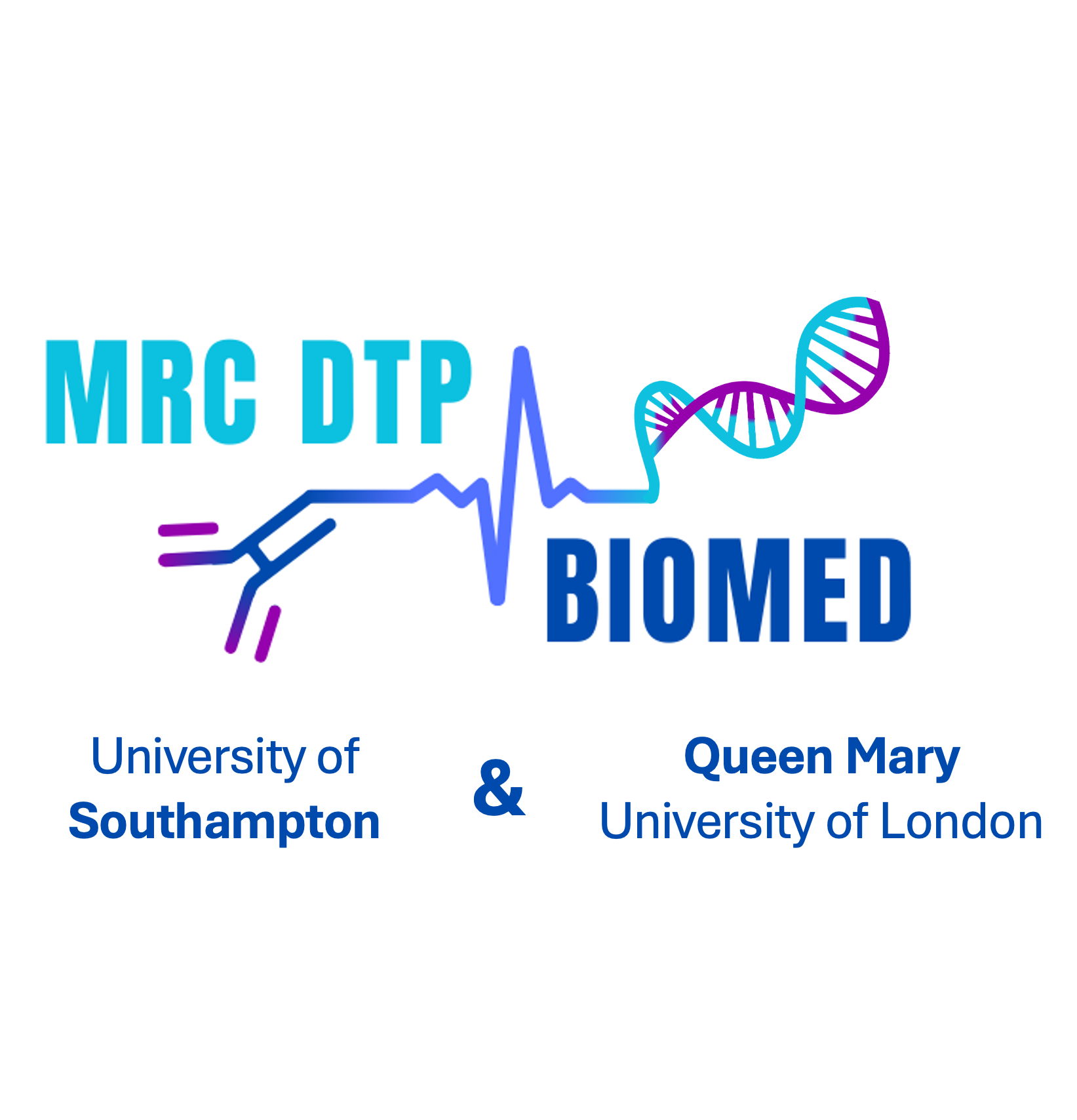Please note, some of the links are available only to Queen Mary University of London or University of Southampton students; if you are studying currently at another university, be sure to make good use of the Careers Service where you are.
Writing your CV
- Use headings well to highlight the most recent and relevant experience you’ve had
- Provide well-chosen detail to give more information about the research projects you have undertaken at undergraduate, and possibly Masters, level
- Split out your research skills – e.g. handling lots of information, lab skills, coding or data skills, project management skills: these are the skills that are really important in a PhD
- Demonstrate a commitment to ongoing self-development, an important part of many PhD programmes, by showing what research methods or other training you have taken
- Show how you have contributed to your current degree programme – e.g. organising department events such as journal clubs or something social – a PhD programme isn’t all research!
Useful links:
Applying for a PhD – The Careers Group
PhD Application Tips – Jobs.ac.uk
Queen Mary University of London Careers CV support
University of Southampton – Making successful applications
Writing your Personal Statement
- Use this structure to create at least three good paragraphs:
- Why are you interested in this PhD programme?
- Why do you want to come to Queen Mary or University of Southampton?
- Why do you think they should be interested in having you on their programme? This is where you get to mention some of the great things you have on your CV.
- Demonstrate the research you’ve done into doing a PhD, and into this programme. For example, mention that you’ve spoken to existing PhD students about their experiences, or how you’ve looked at some of the researchers’ work online.
- It’s important to be aware that moving into academia after a PhD is not guaranteed. Use your personal statement to show how becoming a really effective researcher with excellent transferable skills is important to you.
- Use enthusiastic and active language (‘developed’, ‘created’, ‘initiated’, ‘learned’) in your statement.
- If you can, tie your personal statement to what the PhD programme is specifically looking for. For example, if they are asking for ‘motivated students that can handle a lot of data with attention to detail,’ explicitly provide examples of where you have demonstrated motivation, and where you have been successful in spotting errors or checking your work.
Useful links:
Queen Mary Careers CV support, including links to creating good cover letters
University of Southampton – Making successful applications
E-book on writing academic cover letters – Jobs.ac.uk
Tips for your interview
Congratulations on getting an interview!
- Deal with your nerves. Some people find that going for a walk, taking deep breaths, or having a reward ready for after an interview can be really good. The best thing though, is to have a practice!
- Have your application documents, and the programme specification, to hand during your interview so you can refer to bits of it if necessary.
- Have some really clear examples of the key skills required for the PhD programme ready: use Context, Action, Result as a structure for your examples. Or think in 3s – ‘There are three reasons I want to embark on this programme. Firstly….’. Practice!
- Don’t worry if you can’t immediately think of an answer. Perhaps ask the interviewer to repeat the question, or answer the part of it you can – acknowledging it’s not the whole answer. Or, tell them how you would find out: problem-solving is a big part of a PhD.
- If you are asked to do a presentation, then rehearse it to make sure of your timings and try to ensure you show off the most impressive parts of your research. Try to present a logical, clear story of what you did, how, and why. You can rehearse timings in PowerPoint and even record it to watch it back.
- Did we say practice already? Your careers service may well have spots available or online tools for getting interview feedback.
Useful links:
Queen Mary Careers Interview support, including how to book practice interviews and practicing online
Jobs.ac.uk support for interviews. Be aware that this advice is geared towards those looking for jobs after their PhDs; don’t be daunted, but take only what’s relevant to you!
Useful Links
Jobs.ac.uk
Prospects
The Careers Group
University of Southampton

